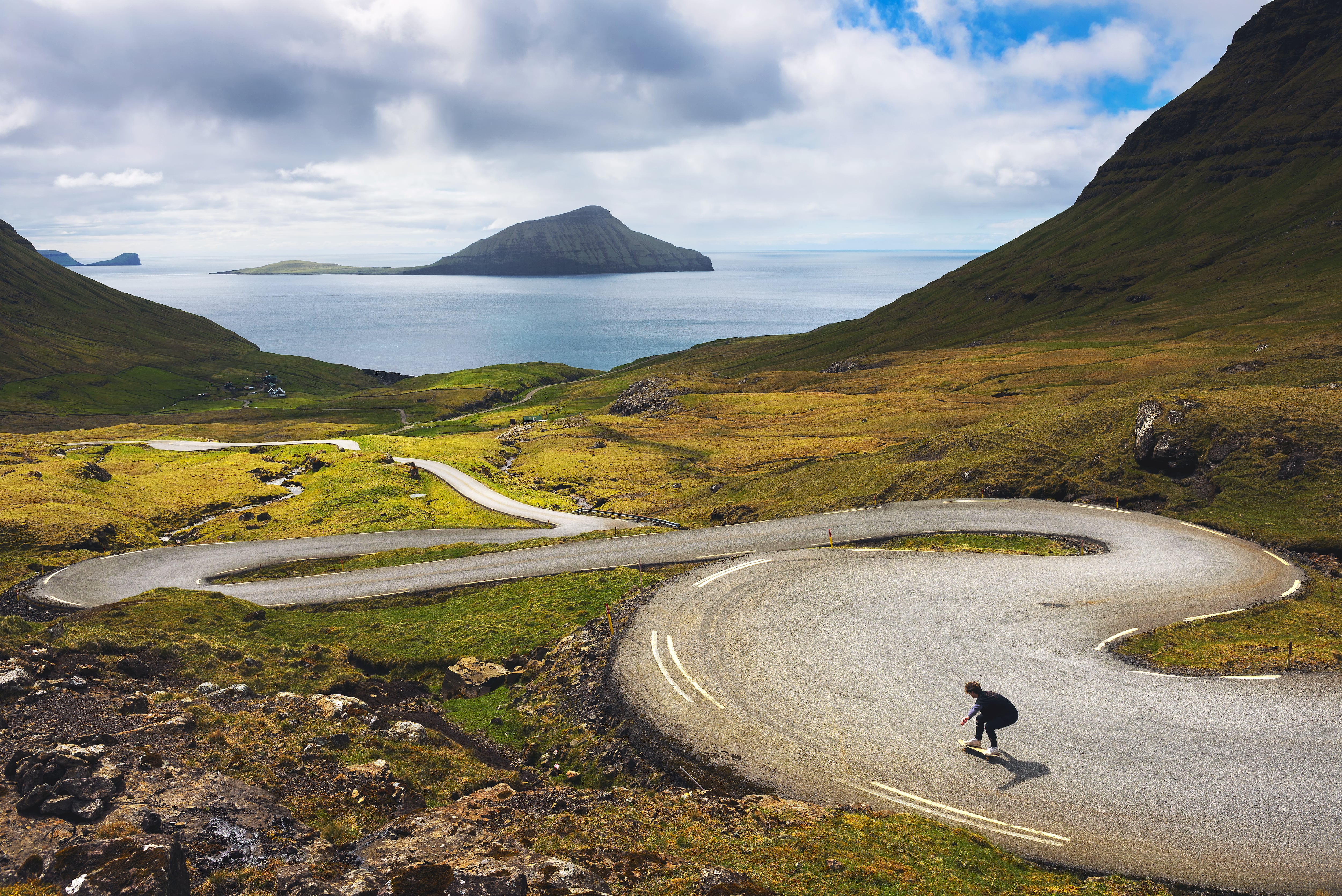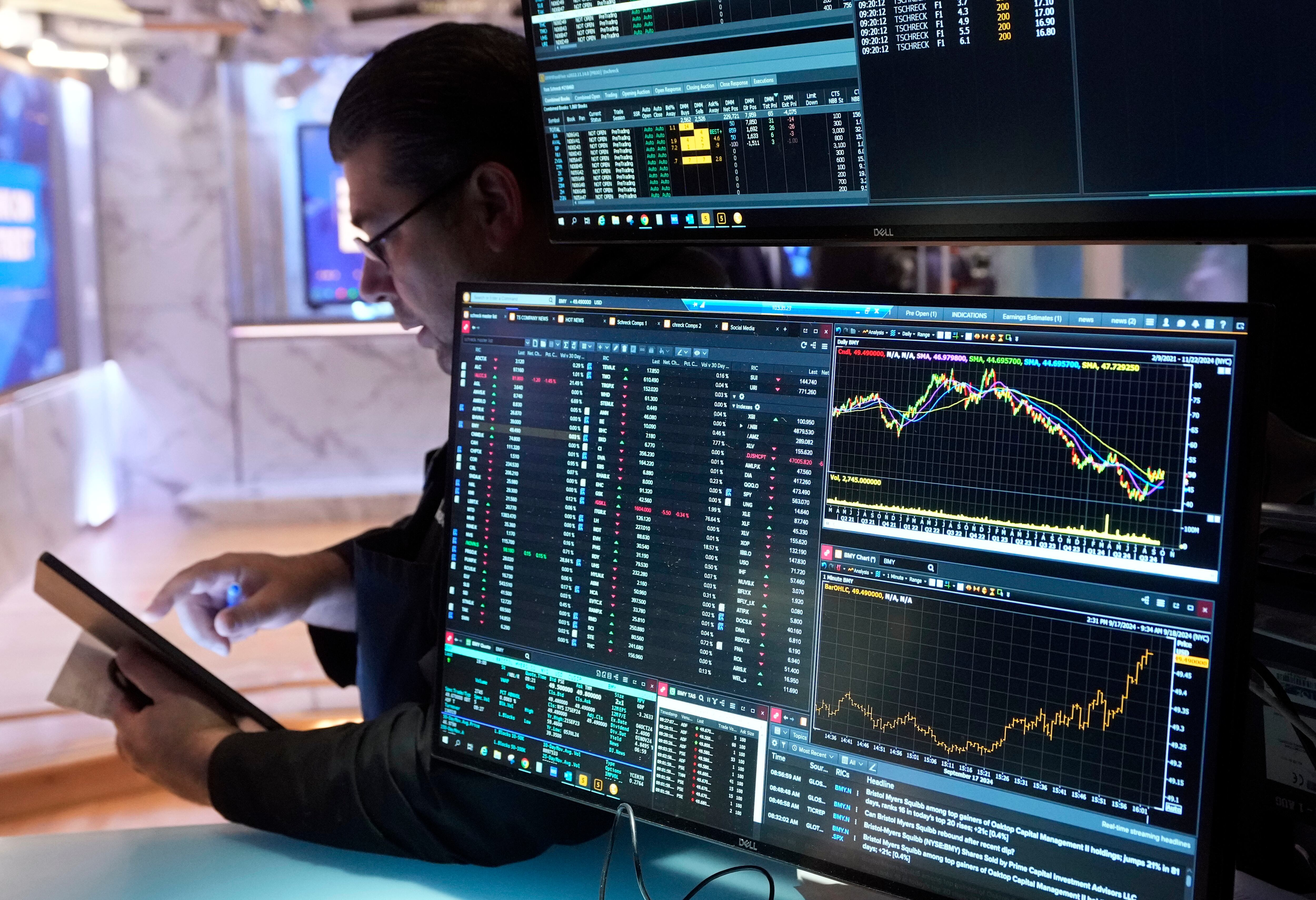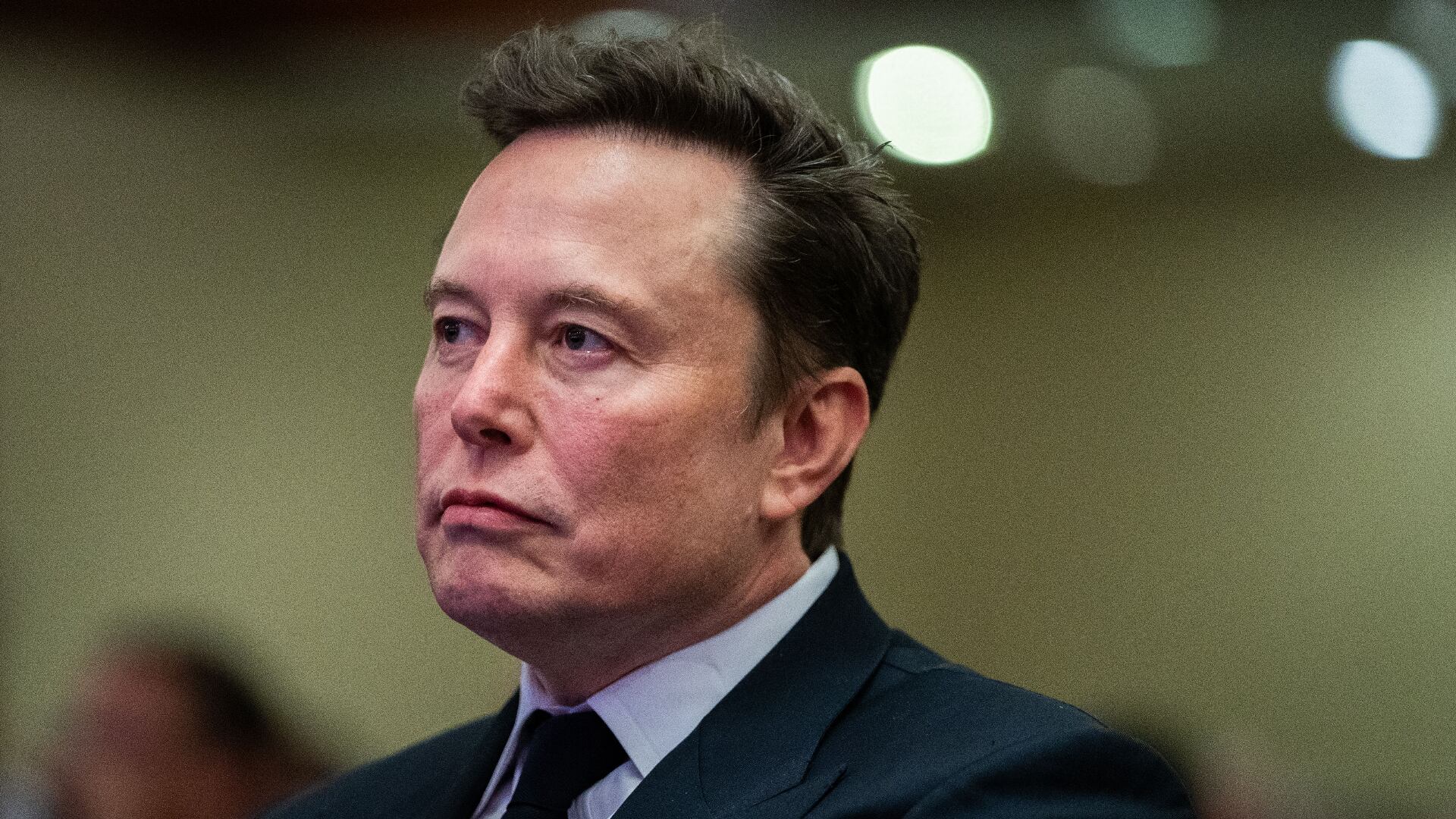Danimer Scientific ($DNMR) went public Wednesday on the New York Stock Exchange following the completion of a merger with special purpose acquisition vehicle Live Oak. The combined company saw shares jump 20 percent to $30.50 at the open before sinking to $23.80 at the market's close.
The Georgia-based company, which specializes in producing polymers for biodegradable plastic products, counts PepsiCo, Nestlé, and Bacardi among its customers.
The SPAC deal came after a year that brought challenges and opportunities to the chemical company. Danimer launched its signature polymer, Nodax, back in March, after retrofitting one-third of a used fermentation facility in Winchester, Kentucky, but soon ran head-on into the coronavirus pandemic.
"Two days after we shipped the first load, the COVID shutdown came," CEO Stephen Croskrey told Cheddar. "The first lesson learned is: don't launch a new technology in the middle of a plague."
The shutdown disrupted the second phase of financing for the manufacturing facility, which led the company to seek out new funding sources.
In the meantime, orders stacked up from industry giants such as PepsiCo and Nestlé. Croskrey said this put pressure on Danimer to ramp-up production as quickly as possible.
Ultimately, the company "stumbled into the SPAC world" because it offered faster funding to continue the expansion of its Nodax plant.
"We needed to get that going quickly, and the SPAC did that for us," Croskrey said.
The possibilities for Danimer's Nodax are expansive. The biopolymer resin offers an alternative to petroleum-based resins by using canola oil as a primary feedstock. It's the first polymer to be certified as "marine degradable." This is the highest standard of biodegradability and means it can completely degrade in ocean water without leaving behind microplastics.
Danimer claims its biopolymer will break down in the ocean within 40 days.
Most degradable biopolymers, Croskrey explained, actually require an industrial composting facility using high-heat moisture to break down the plastic.
Going forward, the company plans to continue producing resins for single-use plastics.
"Our focus is on single-use plastics because that's where most environmental damage is done," Croskrey said. "If you think about a pound of plastic that goes to make a car bumper, versus a pound of plastic that goes to make snack food packaging that might last all of 15 minutes and then end up in the ocean, obviously the target for us are those single-use plastics."
"Anything that you can think of in that category is fair game for us," he added.












